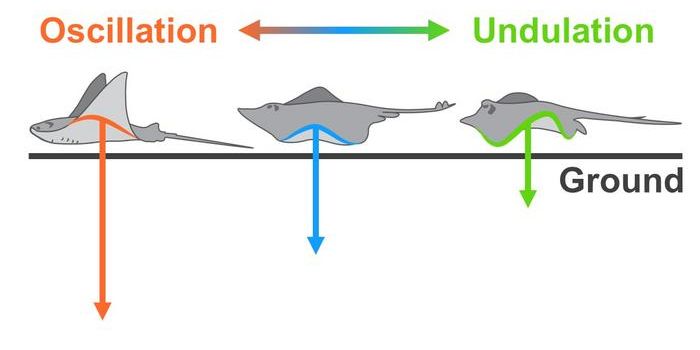
Alzheimer's disease, a progressive, fatal brain disease-and the most frequent type of dementia-hijacks a person's memory, thought processes, behavior, and day-to-day life, with symptoms that erode the self over time. Though often associated with old age, Alzheimer's is not a normal part of aging.
About $200 billion a year is spent in this country in direct expenses tied to the disease, a number that could skyrocket in coming decades unless symptoms can be stopped. Big pharma has long stalked this beast, to no avail.
Some five million Americans older than 65 have the disease. Between 60 to 80 percent of dementia cases are attributed to Alzheimer's, which ranks as the sixth leading cause of death in the United States. There is no cure. Treatments may help delay symptoms, and global efforts aim to find better ones and potentially, ways to eradicate it.
Eli Lilly and Company, Indianapolis (long in the hunt, with its share of disappointments), and AstraZeneca, UK, have joined forces to co-develop and market AZD3293, an oral beta secretase cleaving enzyme (BACE) inhibitor, now in development, as a potential treatment for Alzheimer's.
In terms of the clinical utility of the BACE inhibitor, the "?-site APP-cleaving enzyme (BACE), also known as ?-secretase, is the enzyme that initiates the Amyloid Cascade by making the first cleavage of amyloid precursor protein (APP) to generate the A? peptide," says Eric Siemers, MD, senior medical director, Eli Lilly and Company, Biomedicines Business Unit, Alzheimer's Disease Platform Team. "An effective BACE inhibitor may be able to slow disease progression and reduce brain amyloid burden by reducing the formation of amyloid."
The company would not speculate about how a physician would determine when to prescribe this drug if it comes to market, but in the clinical trial, specific diagnostic criteria will be required, Siemers says. In response to my question about whether patients who are screened through genetic testing and found to be carriers of Alzheimer's risk genes or deterministic genes might take the drug preventatively, the company refused to speculate on that either at this time. "The clinical trial will study patients with sporadic AD rather than patients with a specific genetic cause of the disease," Siemers says. (Late-onset dementia is also called sporadic Alzheimer's disease, according to WebMD, which further notes that late-onset Alzheimer's disease strikes almost half of all people over the age of 85 and may or may not be hereditary.)
Early results are promising. "We are encouraged by the Phase 1 results of AZD3293," Siemers says. "We believe that by combining the scientific expertise from our two organizations, and by sharing the risks and cost of late-stage development, we will be able to accelerate the advancement of AZD3293 and progress a promising new approach to support the treatment of Alzheimer's patients around the world.
AstraZeneca and Lilly aim to progress AZD3293 rapidly into a Phase 2/3 clinical trial in patients with early Alzheimer's. Lilly will lead clinical development, working with researchers from AstraZeneca's Medicines Unit for neuroscience, while AstraZeneca will be responsible for manufacturing. The companies will take joint responsibility for commercialization of AZD3293.
Lilly has been committed to research in Alzheimer's disease for more than a quarter-century, and its pipeline of potential medicines and diagnostic agents targeting the known hallmarks of the disease has been strengthened by the alliance with AstraZeneca, Siemers says, adding that the alliance moves Lilly one step closer to achieving its goal of making Alzheimer's dementia preventable by 2025.
 Alzheimer's disease, a progressive, fatal brain disease-and the most frequent type of dementia-hijacks a person's memory, thought processes, behavior, and day-to-day life, with symptoms that erode the self over time. Though often associated with old age, Alzheimer's is not a normal part of aging.
Alzheimer's disease, a progressive, fatal brain disease-and the most frequent type of dementia-hijacks a person's memory, thought processes, behavior, and day-to-day life, with symptoms that erode the self over time. Though often associated with old age, Alzheimer's is not a normal part of aging.








